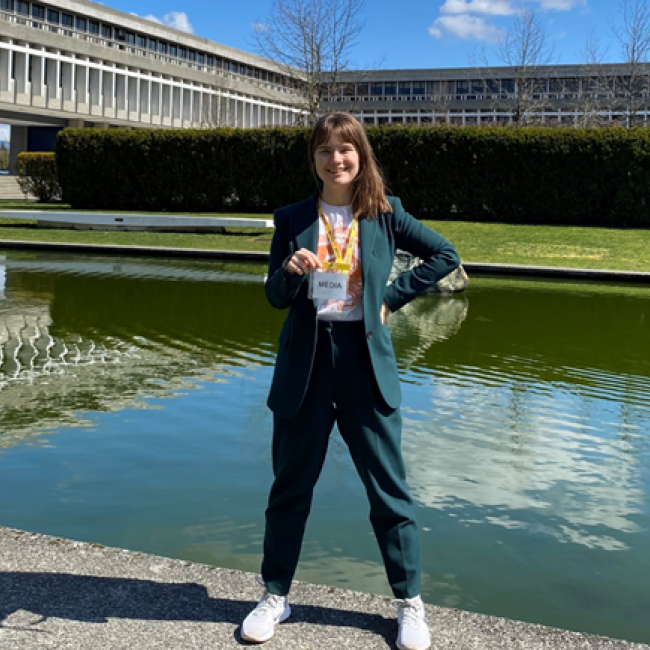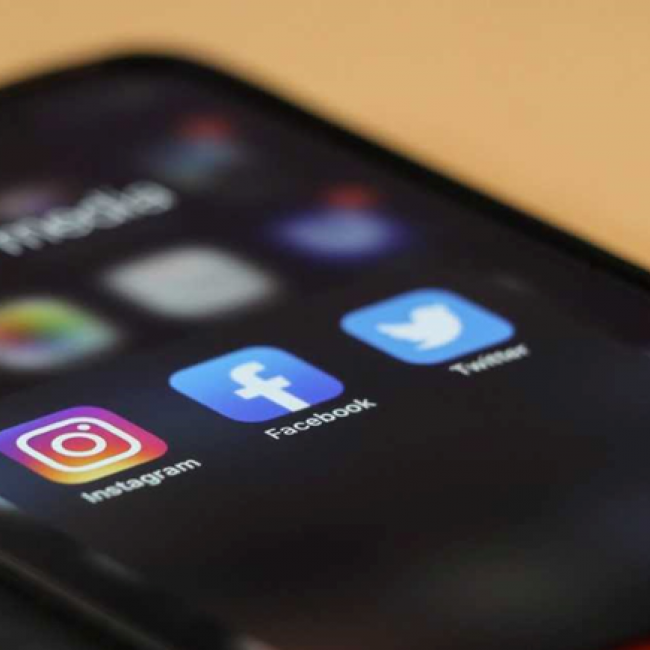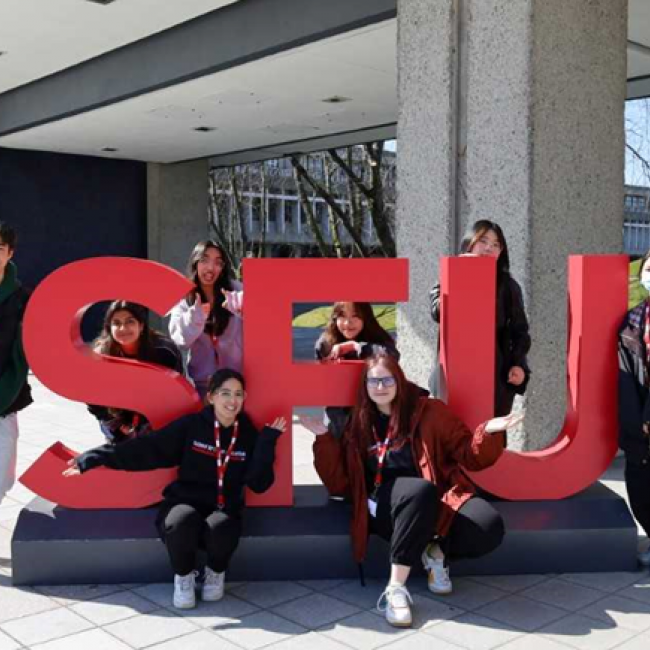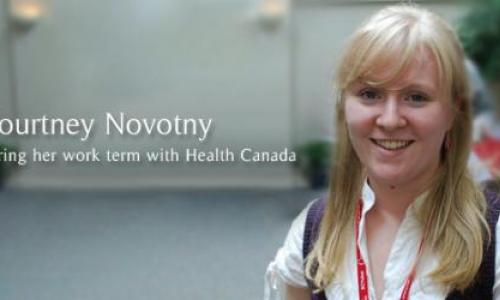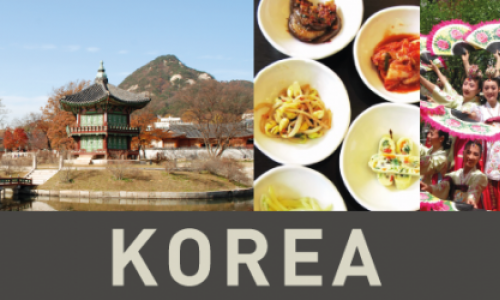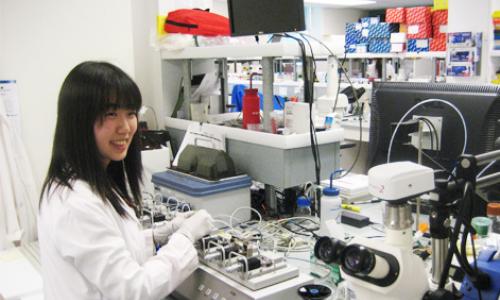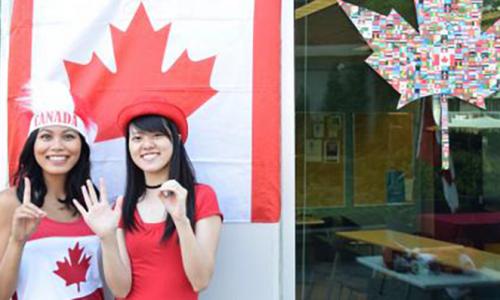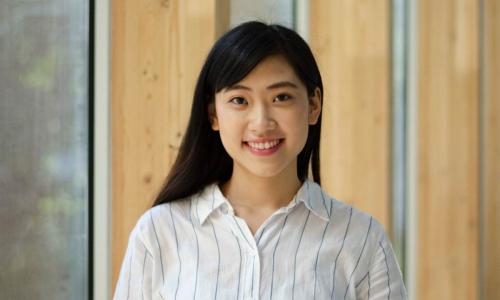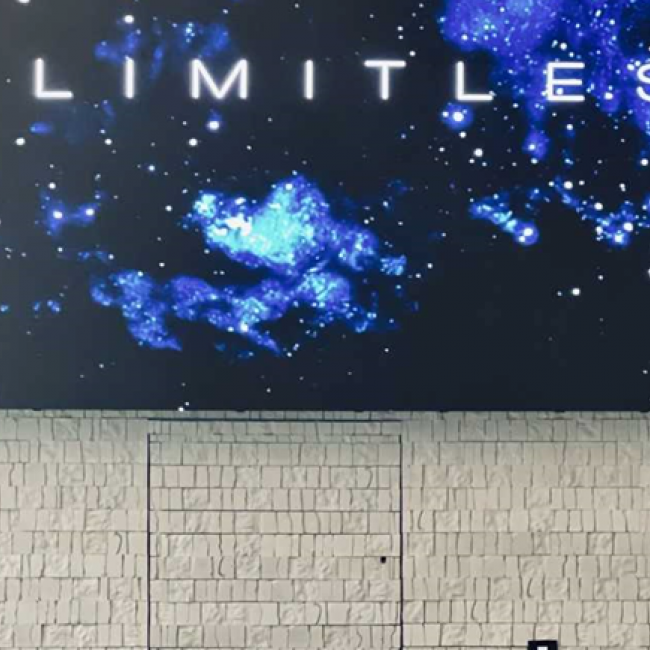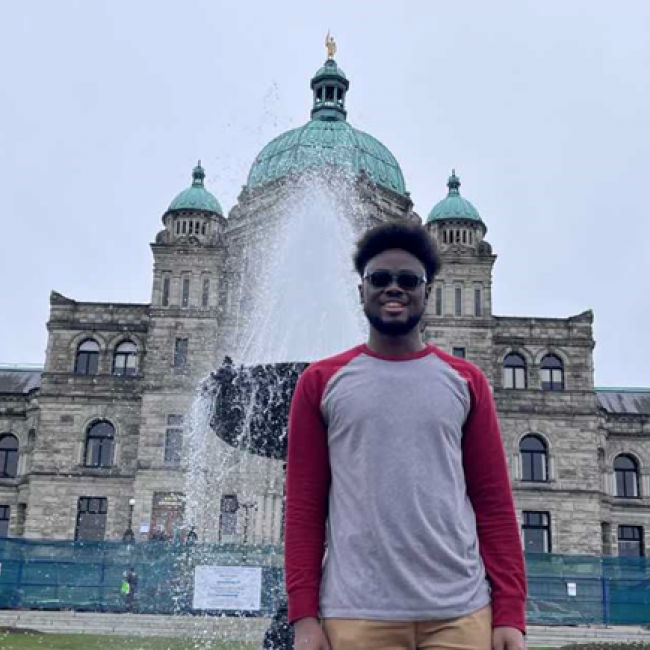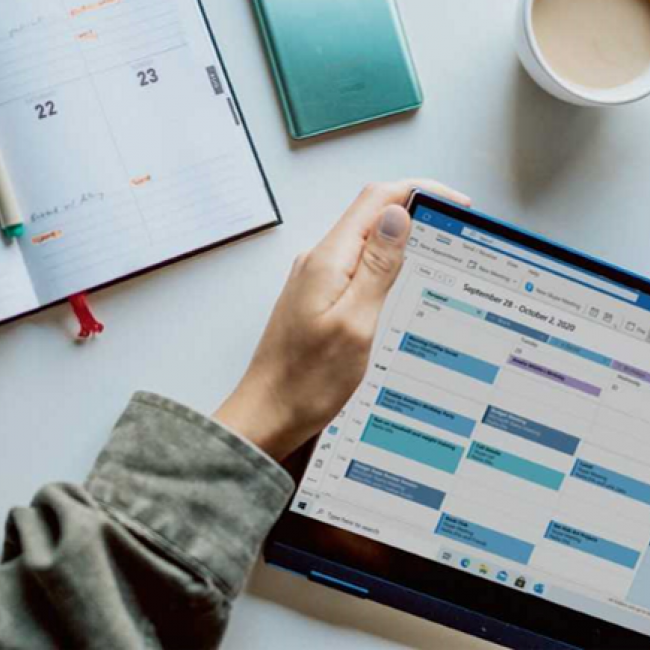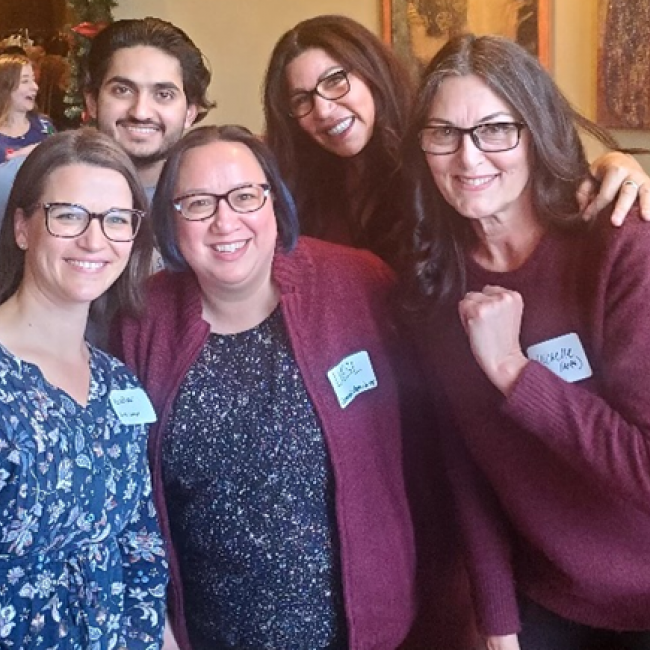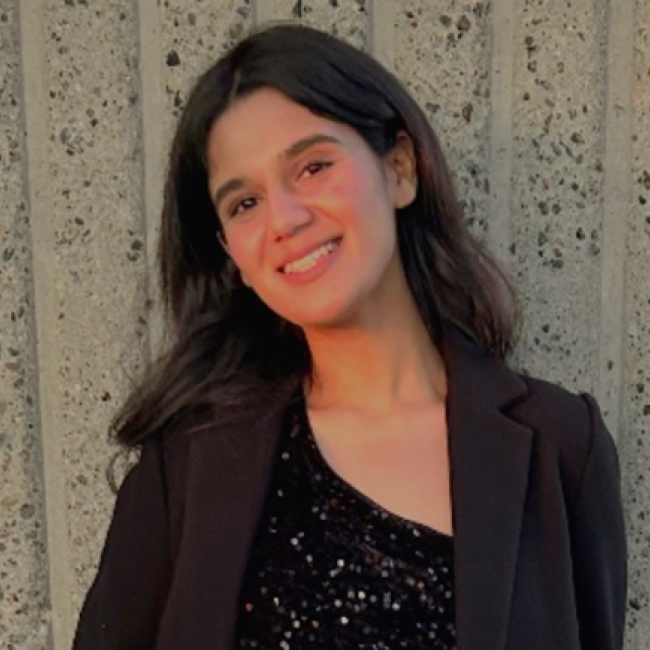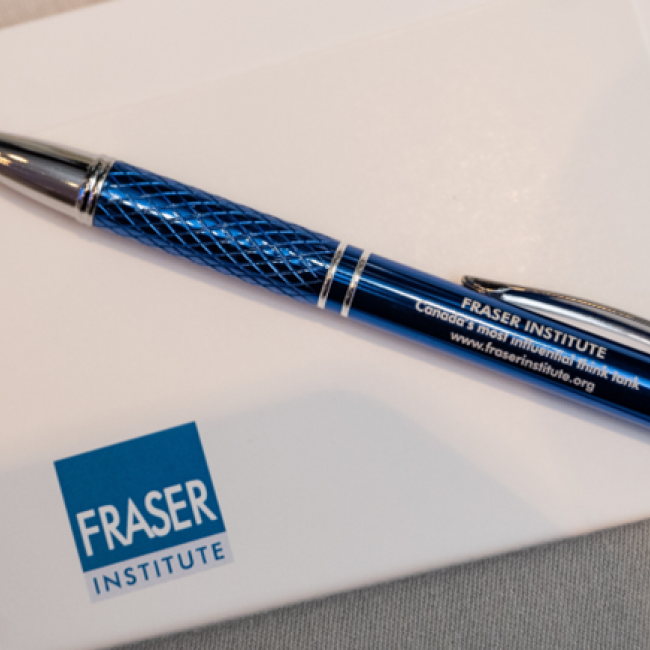
The day before an interview tends to be the most anxiety-inducing, especially as a Co-op student. Maybe it’s because you really want that specific position, have little professional experience or generally have social anxiety in new and uncomfortable situations. Personally, interviews make me anxious because I underestimate my skills and have a very silly inner monologue.
So, imagine my surprise when I was offered an 8-month Co-op with Schneider Electric Solar as a Marketing and Communications Intern the day after my second interview. How did I do it? Well, if you had asked me soon after I interviewed, I would have said, “I have no idea” - silly inner monologue. However, after discussing my interview performance with my Co-op Advisor, I realized I hadn’t done anything special or extravagant; I was just being myself.
I really wanted this position, so I had to find a way to demystify the interview process. In order to get in a calmer state of mind, I told myself it was just a simple conversation. Not an interview for a job, not a prospective blurb on my resume, not a gateway to my future career - just a conversation. And, if it were just a normal (professional) conversation, why shouldn’t I just be myself?
With a little reflection on my interview process, I came up with three tips to hopefully calm your nerves before, during and after your next interview.
We often hear the phrase, “practice makes perfect”. Although this is true, I found that when I practiced set interview questions and answers, the more unsure of myself I felt. I felt pressured to answer in a perfect, succinct way that would address all aspects of the question. Then, when the interview would come around, I would think too hard about the perfect answer I had practiced just before. It felt disingenuous.
Don’t get me wrong, I still practiced answering interview questions. But instead of focusing on exactly what to say and how to say it, I focused on what skills were discussed on the job description and how I fit into that picture. Whether it was a description of tasks, or the job requirements, I asked myself:
- What skill is associated with this? Do I possess this skill?
- In what situation did I show this skill?
- If I don’t possess this skill, which one of my other skills will help me complete this task? How did I show that skill?
After going through the job description with these questions in mind, and writing down brief notes, it was much easier for me to review interview questions and answer genuinely. I became more comfortable with my skills and how they pertained to the position at hand.
Right before going into your interview, take a moment for yourself. Take a deep breath, collect your thoughts, and remind yourself that you are human. You are allowed to not know everything, stutter and backtrack. Interviewers will not hold this against you.
The most important thing to keep in mind during the interview is to be confident, and be honest. If you stutter, or feel you made a mistake, it’s okay to audibly acknowledge that by saying, “Sorry, let me reiterate” or “Please allow me a moment to collect my thoughts.”
There also may be certain areas you have no experience in. As a Communication student, I was very nervous interviewing for a solar energy company. So, when my interviewer asked questions about certain skills I had yet to develop or the extent of my solar knowledge, I was honest and said I didn’t know. Then, I would discuss a similar situation or how eager I was to learn.
I have since learned that is what set me apart from other applicants. Instead of trying to convince my interviewer that I was the perfect candidate, I focused on the fact that I am still a Co-op student, in search of work experience. We do not need to tick all of the boxes in order to be the perfect candidate, we just need to be honest, and willing to learn.
This one’s important. Firstly, celebrate the fact that you got an interview. Co-op jobs are competitive and daunting, and each step you take from application, to interview, to offer should be celebrated. Leading up to the interview, in order to hush my inner monologue, I had to constantly remind myself of how qualified I really was. Even if I didn’t have experience in all of the areas being asked, someone else was curious about me and saw my potential through the application. How comforting!
Of course, celebrating after the interview is important, too. You did it! I tend to focus on the negative aspects of the interview after I’m done. If you do, too, I recommend you try to write down three positive things about your performance in the interview, and celebrate that! Even if you don’t get an offer, you still had practice in an real interview setting, and will hopefully leave you feeling more prepared for next time.
Beyond the Blog
Connect with Sydney on LinkedIn









